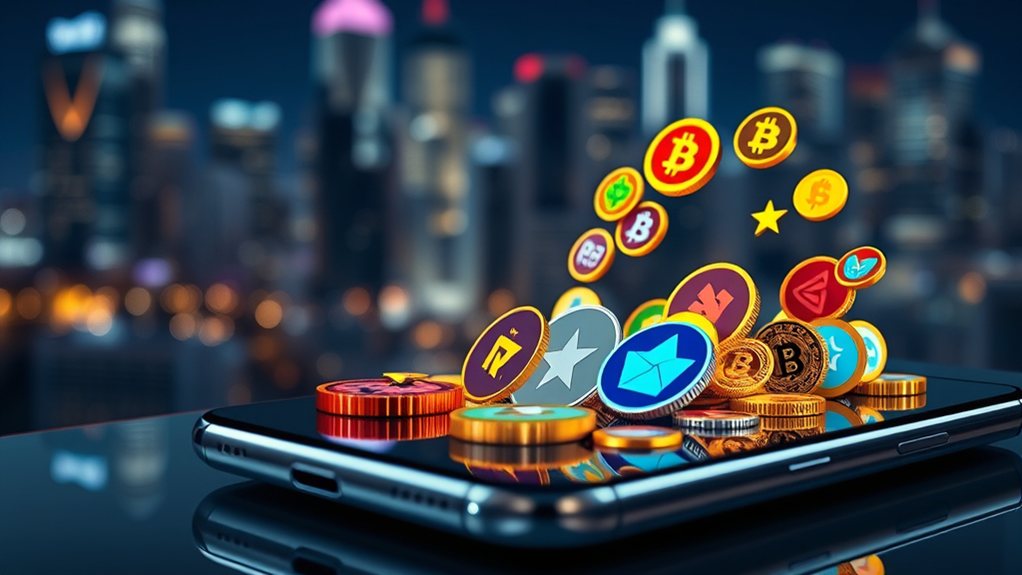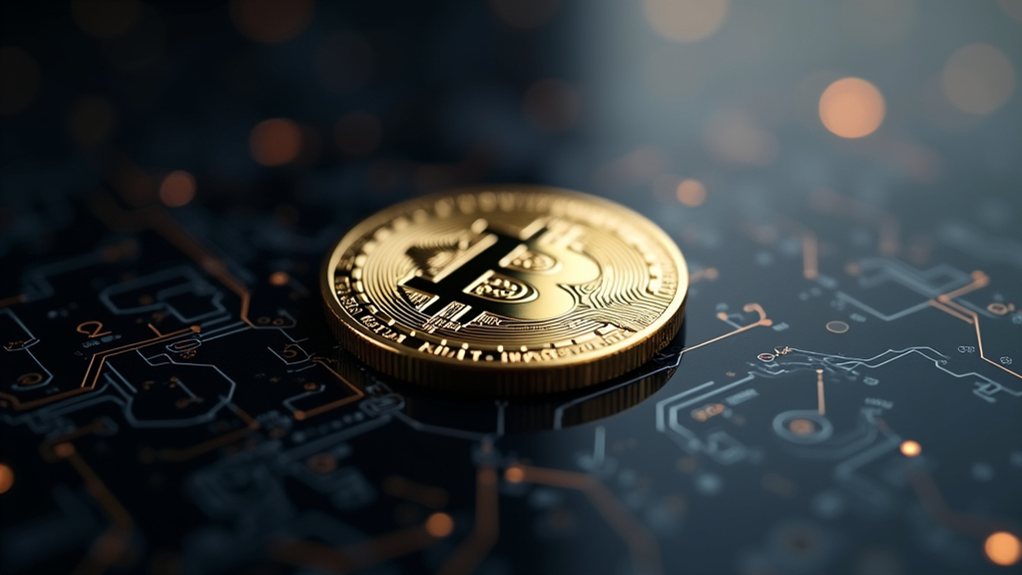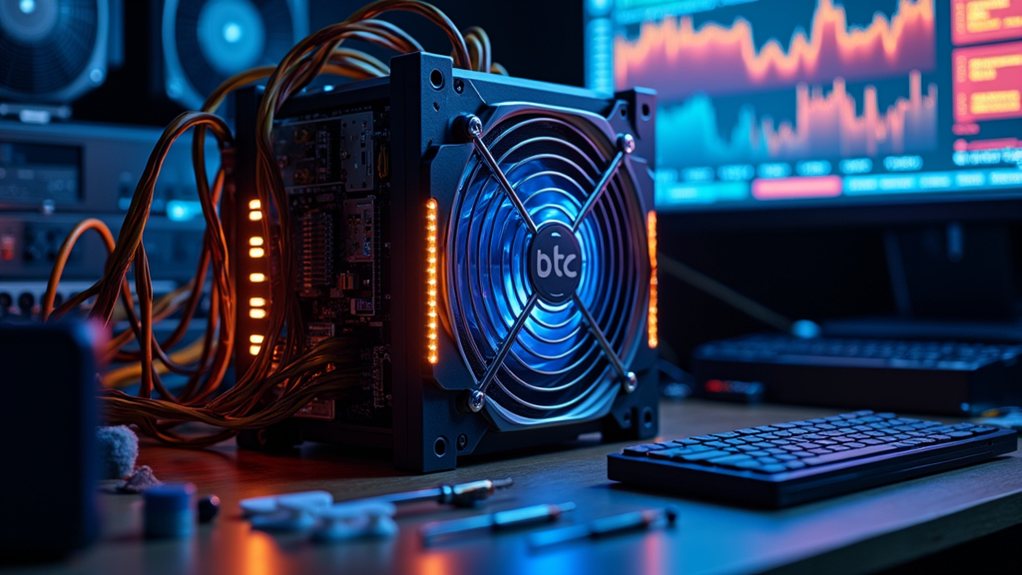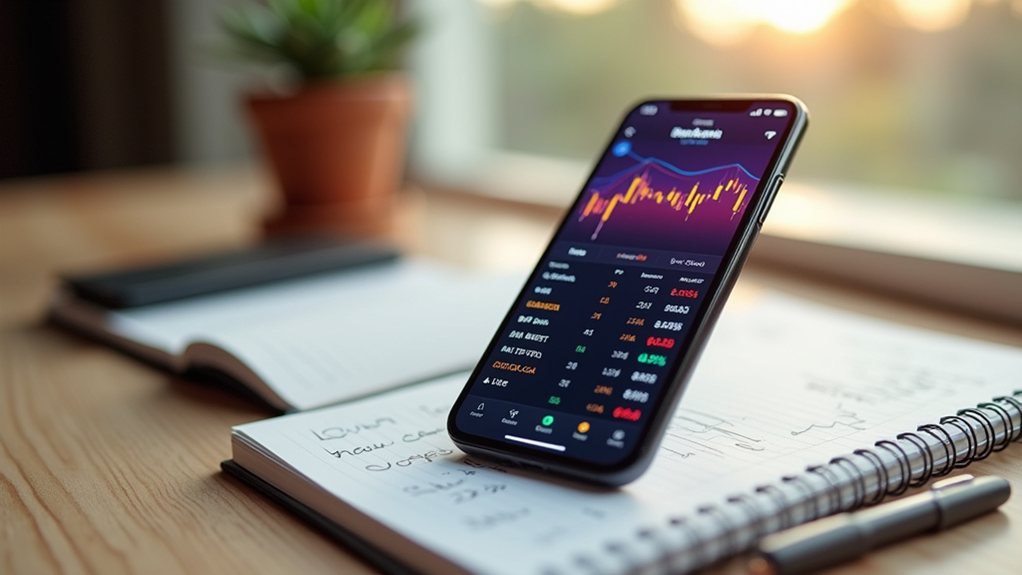A token is a versatile digital or physical object representing something else. In programming, tokens are the atoms of code—constants, identifiers, and operators. Networks used them as data frames in token ring protocols. Security systems employ tokens as authentication tools—think random number generators for bank logins. Cryptocurrency tokens represent blockchain assets like Bitcoin. They're everywhere: coworking spaces, casinos, railways. The deeper you go, the more tokens control modern life.

A token is everywhere—you just don't see it. It's the invisible building block that makes our digital world function. In its most basic form, a token represents something else—physical, virtual, or abstract. It's versatility incarnate. It's the chameleon of the tech world, changing its meaning based on context.
In computer programming, tokens are the fundamental components of source code. They're like the atoms of programming languages. Constants, identifiers, operators, reserved words, separators—these five categories form the alphabet programmers use to communicate with machines. Without tokens, coding wouldn't exist. Period. Compilers break down source code into these tokens during analysis, a process aptly called tokenization. Even those colorful highlights you see in code editors? That's tokens at work.
Network engineers have their own definition. For them, tokens are data frames transmitted between network points. Remember token ring networks? They were all the rage before Ethernet took over. The concept was simple: only computers holding the token could transmit data. Token ring networks ensure orderly access to the message space through their unique structure. This prevented collisions. Smart, but obsolete. Technology moves on.
Security professionals view tokens differently. To them, tokens are authentication tools. Those little plastic devices generating random numbers for your bank login? Security tokens. They're part of two-factor authentication—something you have plus something you know. RFID cards, USB fobs, smartphone apps—all tokens. They're the gatekeepers to your digital identity. Better not lose them. These security tokens often take the form of RFID smart cards that grant access to physical spaces.
The cryptocurrency world has embraced tokens with particular enthusiasm. On blockchains, tokens represent assets—digital or physical. Bitcoin is the famous example, but thousands exist. They live in digital wallets and can sometimes be exchanged for real money. Some businesses accept them as payment. They're like traditional currency but without the government oversight. Utility tokens specifically provide access to blockchain services within their respective ecosystems without conferring any ownership rights. That's either terrifying or liberating, depending on your perspective.
Tokens find applications beyond tech. Coworking spaces use them for building access. Casinos use them as chips. Railways use them for track authorization. They're the digital equivalent of "you're invited."
The beauty of tokens lies in their simplicity. They're representations, not the thing itself. They're proxies, stand-ins, substitutes. But don't let their simplicity fool you. Without tokens, our modern world would collapse. Computer programs wouldn't run. Networks would jam. Security systems would fail. Cryptocurrency would vanish. Not bad for something most people never think about. Tokens: invisible, essential, everywhere.
Frequently Asked Questions
How Do I Safely Store My Tokens?
Tokens need proper storage. Period.
For web apps, secure cookies with HttpOnly and Secure flags beat localStorage any day. Server-side storage in encrypted databases? Even better.
Mobile apps should leverage platform-specific solutions—Keychain for iOS, Keystore for Android. Never, ever use plain text storage.
For serious enterprise stuff, hardware security modules provide military-grade protection. They're expensive but worth it.
Token security isn't optional, folks.
Can Tokens Lose Value Completely?
Yes, tokens can absolutely lose all their value. Happens more than people think. Exit scams, major hacks, or abandoned projects can vaporize token worth overnight.
Remember Terra Luna? Went from $116 to basically nothing in days. Smart contract bugs get exploited. Regulatory crackdowns hammer prices.
Even major tokens aren't immune – they just die slower. No guarantees in crypto. Nothing's too big to fail.
Which Blockchain Has the Most Popular Tokens?
Ethereum dominates the token landscape. No contest. With over 200,000 ERC-20 tokens and the biggest DeFi ecosystem, it's the heavyweight champion of crypto platforms.
Sure, those gas fees can be brutal, but everyone builds there anyway. BNB Chain comes in second with 1,300+ tokens.
Solana and Polygon are gaining ground—Solana for speed, Polygon for cheap Ethereum compatibility.
But really, Ethereum's still king.
Are Utility Tokens Better Investments Than Security Tokens?
Whether utility tokens beat security tokens as investments? It depends.
Utility tokens offer higher growth potential but come with wild volatility and fewer protections. Think massive gains—or total losses.
Security tokens? More stable, backed by real assets, and actually regulated. Less sexy, but less likely to crash and burn overnight.
Neither is inherently "better"—just different risk profiles for different investor appetites. Choose your poison.
How Do Regulatory Changes Affect Token Value?
Regulatory changes hit token values hard. No doubt about it.
Clear regulations? Prices often rise. Crackdowns? Watch markets tank. It's simple math.
Institutional investors need certainty. They don't jump into murky waters. When governments clarify rules, big money follows.
But it's a double-edged sword. Compliance costs money. Functionality might suffer.
And let's be honest – some tokens only thrive in regulatory gray zones.








